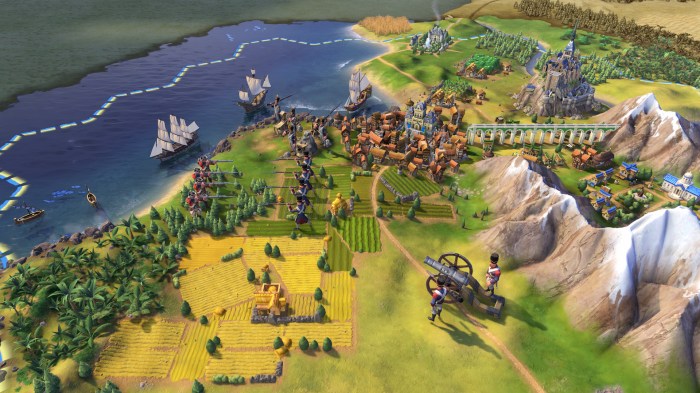La civilización del espectáculo english – The Spectacle Civilization: A Critical Examination of the Role of Media in Shaping Society is a comprehensive exploration of the concept of the spectacle civilization, a term coined by French philosopher Guy Debord in the 1960s to describe a society in which the mass media has become the primary means of communication and entertainment.
This book provides a detailed analysis of the historical context of the spectacle civilization, its key characteristics, the role of technology in its development and dissemination, and its impact on individuals and society as a whole.
Historical Context of the Spectacle Civilization: La Civilización Del Espectáculo English
The concept of the spectacle civilization emerged in the 20th century as a critique of the commodification of culture and the role of mass media in shaping society. It is rooted in the work of philosophers and sociologists such as Guy Debord, Jean Baudrillard, and Marshall McLuhan.These
theorists argued that the spectacle civilization is characterized by the dominance of visual culture, the blurring of reality and illusion, and the rise of celebrity culture. They argued that the spectacle serves to distract people from the real issues facing society and to maintain the status quo.
Characteristics of the Spectacle Civilization

Key characteristics of the spectacle civilization include:
- Dominance of visual culture: The spectacle is primarily experienced through images and videos, which are disseminated through mass media and social networks.
- Blurring of reality and illusion: The spectacle creates a sense of unreality and confusion, making it difficult to distinguish between what is real and what is staged.
- Rise of celebrity culture: Celebrities play a central role in the spectacle, and their lives and activities are constantly scrutinized and consumed by the public.
The Role of Technology in the Spectacle Civilization

Technology has played a crucial role in the development and dissemination of the spectacle civilization. New technologies, such as social media and virtual reality, have contributed to the expansion and intensification of the spectacle.Social media platforms provide a constant stream of images and videos that can be consumed anywhere, anytime.
Virtual reality technology creates immersive experiences that blur the line between the real and the virtual.
The Impact of the Spectacle Civilization on Individuals

The spectacle civilization has both positive and negative impacts on individuals. On the one hand, it can provide entertainment, distraction, and a sense of community. On the other hand, it can also lead to alienation, isolation, and a loss of critical thinking skills.The
spectacle can shape our perceptions of reality, our values, and our sense of self. It can also create a sense of dissatisfaction and a desire for more, leading to a cycle of consumption and addiction.
Popular Questions
What is the spectacle civilization?
The spectacle civilization is a term coined by French philosopher Guy Debord in the 1960s to describe a society in which the mass media has become the primary means of communication and entertainment.
What are the key characteristics of the spectacle civilization?
The key characteristics of the spectacle civilization include the dominance of visual culture, the blurring of reality and illusion, and the rise of celebrity culture.
What is the role of technology in the spectacle civilization?
Technology plays a crucial role in the development and dissemination of the spectacle civilization. New technologies, such as social media and virtual reality, have contributed to the expansion and intensification of the spectacle.
What is the impact of the spectacle civilization on individuals?
The spectacle civilization has a significant impact on individuals, both positive and negative. It can shape our perceptions of reality, our values, and our sense of self.